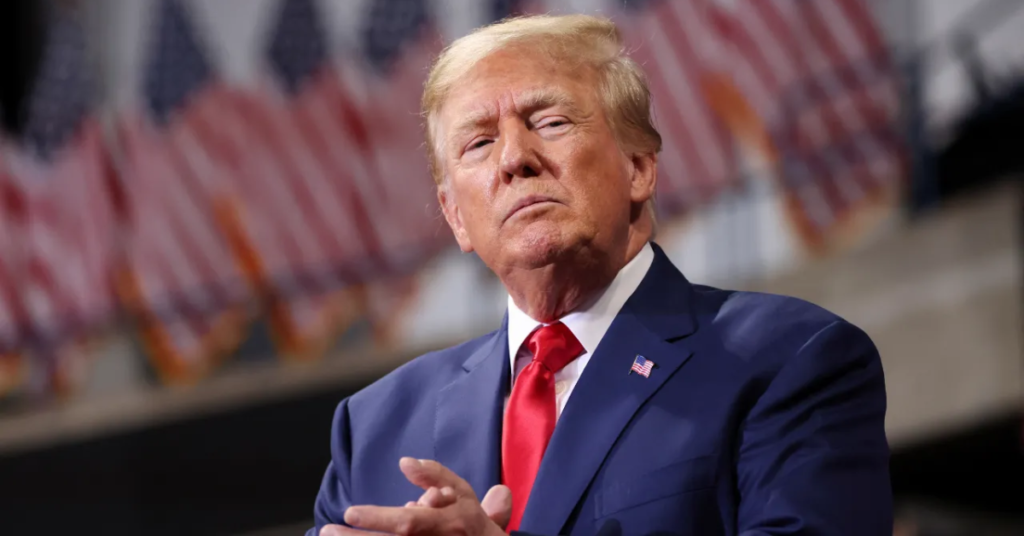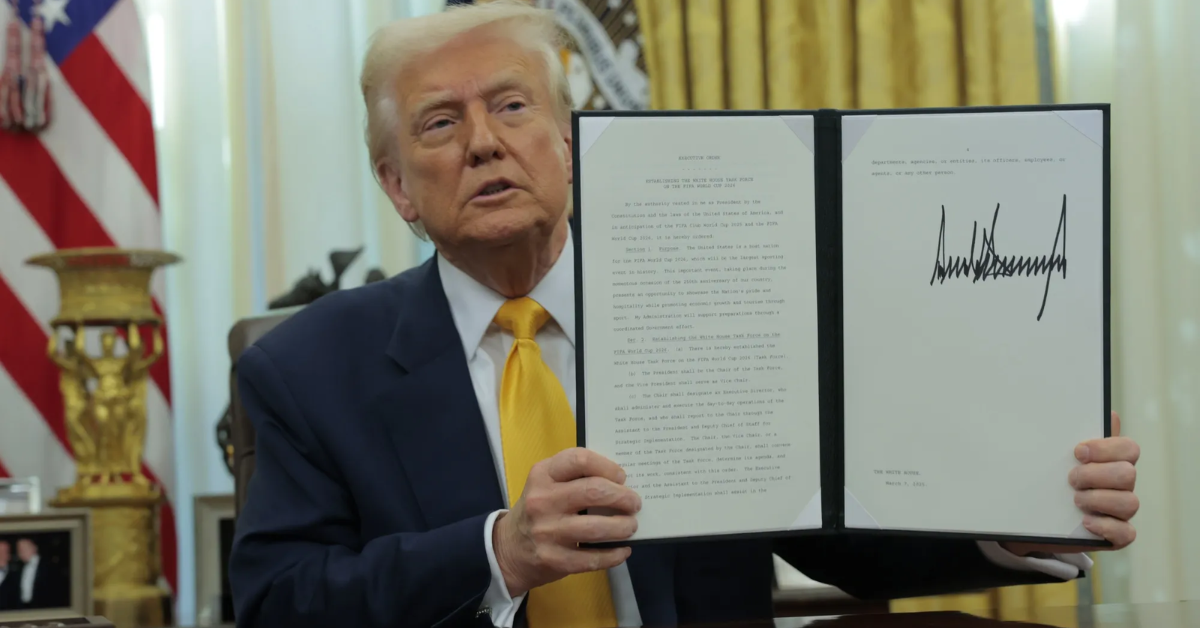Donald Trump’s decision to weaken the U.S. dollar as part of his strategy to boost American manufacturing and exports could be starting to show its effects in a way that might surprise many of his supporters.
For U.S. travelers planning a summer vacation to Europe, the weakening dollar is likely to result in higher costs for flights, accommodation, and even the simple pleasures of eating out. This strategy to make U.S. goods more competitive globally could make European vacations unaffordable for many Americans.
The trade tariffs introduced during Trump’s presidency, aimed at reducing the U.S. trade deficit, have been a key component of his broader economic policy. However, these tariffs also have the side effect of devaluing the dollar, which is now weakening against the euro and British pound.
This decline in value marks a significant shift from the strength of the dollar during the earlier years of the Joe Biden administration, a period that saw American tourists flock to Europe in droves. The stronger dollar made it cheaper for Americans to travel across the Atlantic, enjoying lower prices for everything from hotel stays to concert tickets.
One of the most noticeable effects of this dollar strength was seen last summer, when fans of pop star Taylor Swift traveled to Europe for her Eras Tour. For many, the costs of seeing Swift in Europe, even when accounting for the price of tickets, flights, and hotels, were still lower than attending a concert in the U.S.
It was reported that European countries, particularly those in Scandinavia, benefited greatly from this influx of American visitors. In fact, economists predicted that Swift’s European tour would have a greater economic impact on the continent than it would on the U.S.
The trend of American tourists flocking to Europe is still evident, but now, many are beginning to notice the impact of the weakened dollar. The rise in costs is not just about travel expenses either—everything from dining out to shopping is becoming more expensive for Americans.

European airlines have taken note of this. Ben Smith, CEO of Air France-KLM, mentioned in an interview with the Financial Times in March that the airline is investing in premium offerings like its first-class suites to cater to wealthy American tourists who are still willing to spend despite the unfavorable exchange rate.
As Smith pointed out, even basic costs for a stay in places like Paris are becoming shockingly high. A single night at the Bristol Hotel, located just a short walk from the iconic Champs-Élysées, now costs American visitors far more than it did just a few years ago. For Americans, this means that their vacation spending power is shrinking.
This price hike is not only concerning for travelers but also for airlines, which are already feeling the pinch. In March, shares of British Airways’ parent company, International Airlines Group (IAG), plummeted by nearly 30% as fears about declining U.S. consumer spending grew.
Similarly, American Airlines saw its stock drop by almost 40% since the start of the year. The weak dollar and rising flight prices are starting to dent travel demand, leading to a decrease in bookings for summer travel. U.S. travelers who had once considered Europe an affordable destination now find themselves reconsidering their plans.
Even airlines like Virgin Atlantic, which is partially owned by Delta Air Lines, are reporting a shift. While the airline has made significant revenue from its U.S. operations, including a record £1 billion ($1.3 billion) in 2023, the impact of U.S. consumers spending less on travel could eventually affect profits.
Virgin Atlantic’s strong financials are currently benefiting from the willingness of high-income American tourists to spend big on European vacations, but these customers may begin to dwindle if the dollar remains weak and travel costs continue to climb.
While these changes in the travel landscape may seem insignificant to some, they could end up being a major factor in Americans’ summer travel plans. Those who are planning to visit Europe may have to adjust their expectations for what they can afford. If Trump’s dollar devaluation strategy continues to weaken the U.S. currency, it could ultimately lead to fewer American tourists visiting Europe, impacting both tourism industries on both sides of the Atlantic.
For U.S. citizens, the weakening dollar is becoming a crucial issue, especially as international travel costs rise. The economic effects of the Trump administration’s policies will likely continue to ripple through the travel sector for years to come.
While the aim of strengthening U.S. manufacturing might be accomplished, Americans could feel the impact in their wallets when they try to book their next vacation to Europe. The question now is whether the U.S. government will take any measures to address these rising costs for travelers, or if this is simply the price that Americans will have to pay for the broader economic strategy at play.
Ultimately, the fallout from Trump’s tariff-fueled economic strategy reminds us that every policy decision has a wide-reaching impact, and sometimes, those effects might hit closer to home than we expect.
Disclaimer: This article has been meticulously fact-checked by our team to ensure accuracy and uphold transparency. We strive to deliver trustworthy and dependable content to our readers.








